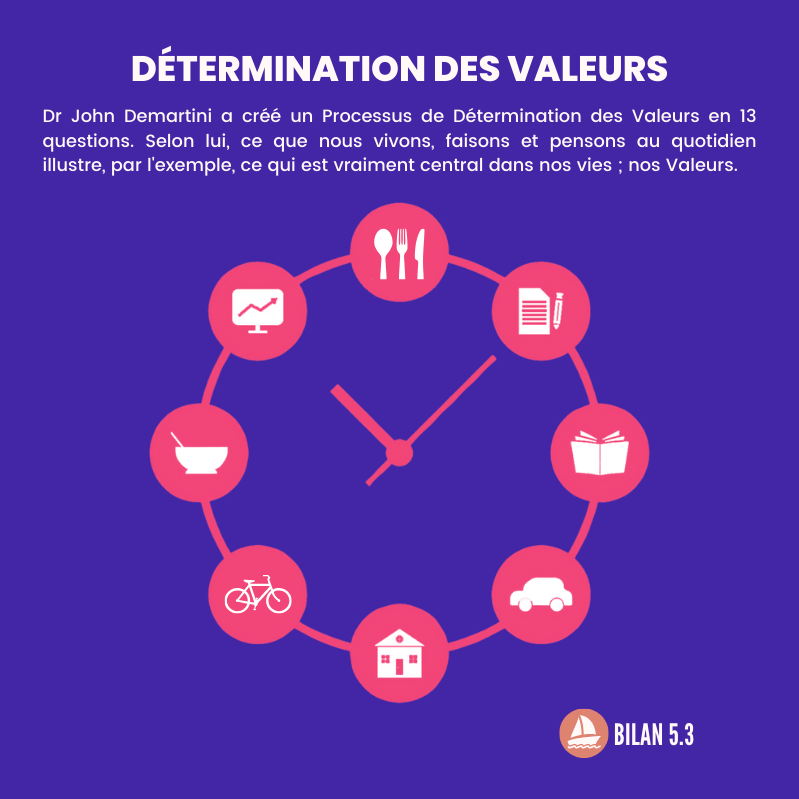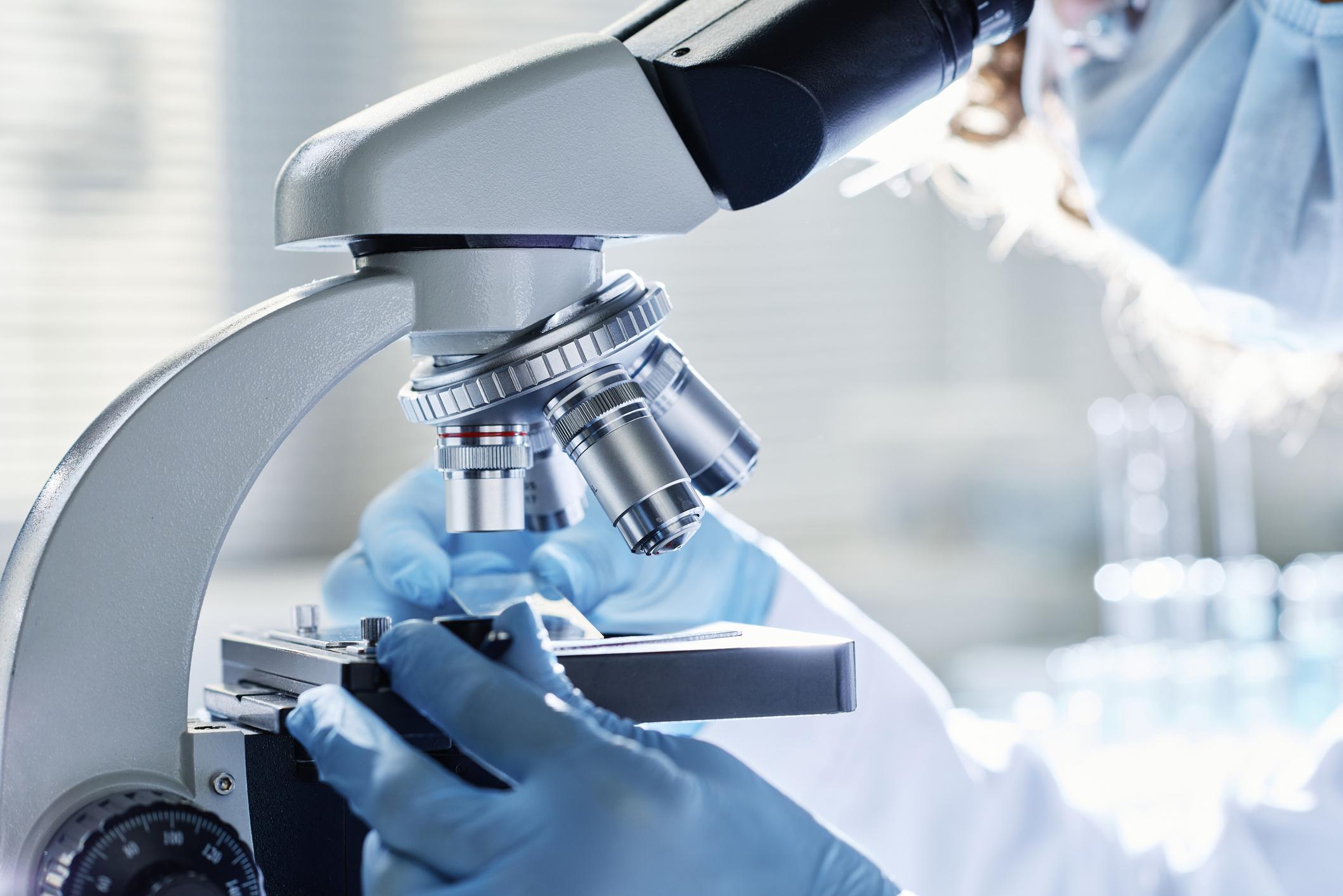
Night shift, jet lag, changing the clock
Night shifts, jet lag, changing the clock… Does it affect our biological clock? We asked Dr. H. Ribbert, pulmonologist, of the Institute for Sleep Medicine in Woerden.
1. What exactly is the biological clock? Can this really be identified in our body?
“The biological clock is a physical event that returns at fixed intervals. There are many examples of this in humans. The heartbeat here is an example of a short cycle, the menstruation is an example of a longer one. If a rhythm is daily, we call this circadian. The best example of this is the sleep-wake rhythm, which occurs in almost all animals. This is controlled from the hypothalamus. This rhythm almost always runs with a rhythm of about 24 hours and can be influenced by all kinds of external stimuli.”
2. What does that clock do?
“When we talk about the sleep-wake rhythm, the clock ensures that we take sufficient rest every 24 hours. This rhythm also appears to occur in laboratory animals if they are completely closed off from stimuli such as daylight. gradually a shift occurs, whereby the sleepiness always occurs half an hour earlier. If you let this situation continue for a few weeks, the rhythm will get completely out of sync. Apparently the clock needs control and fine-tuning by external stimuli.”
3. Does changing the clock affect our biological clock?
“A shift of just one hour is not a problem for most people. This is probably because the clock itself is not completely accurate and needs external influences. In addition, most people are used to going to bed and waking up at different times. turn into.”
4. Insomnia, shift work, stress, long distance travel: it all affects our biological clock. How do we ‘reset’ that clock quickly?
“Shift shifts with night work and long journeys with large differences in time zones are an important disruption of the biological clock. With long journeys, an adjustment of the rhythm usually occurs after three to five days, which is mainly enforced by light intensity.
The hormone melatonin is responsible for this, which is made by the epiphysis, near the hypothalamus. When the light intensity decreases, more melatonin is made. This hormone causes drowsiness. This phenomenon does not occur in shifts. Tension, stress and also pain all affect the hypothalamus. This can make sleep problematic. Usually the total sleep time is less. Sleep is often more restless and less restorative.”
5. Do evening people and morning people really exist?
“The difference between morning and evening people probably has nothing to do with the above. This has more to do with thought processes, positive or negative basic attitude and general well-being. Morning people often prove more successful at performing complex tasks and are usually more successful in everyday life.”













